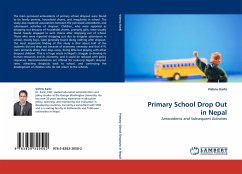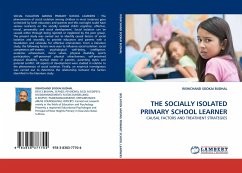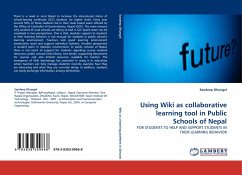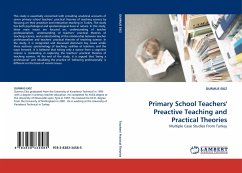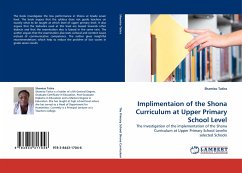The main perceived antecedents of primary school dropout were found to be family poverty, household chores, and irregularity in school. The study also explored associations between the perceived antecedents and subsequent activities of dropout. Children, who were reported as dropping out because of household chores, primarily girls, were usually found heavily engaged in such chores after dropping out of school. Those who were reported dropping out due to irregular attendance in school, mostly boys, were generally found doing nothing after dropout. The most important finding of this study is that about half of the students did not drop out because of economic necessity and that 41% were primarily idling their days away, doing little but playing with other dropout children. That is a huge waste in Nepal s struggle to develop its human resources and its economy, and it could be reduced with policy responses. Recommendations are offered for reducing Nepal's dropout rates, attracting dropouts back to school, and continuing the development of children who do not return to the schools.

